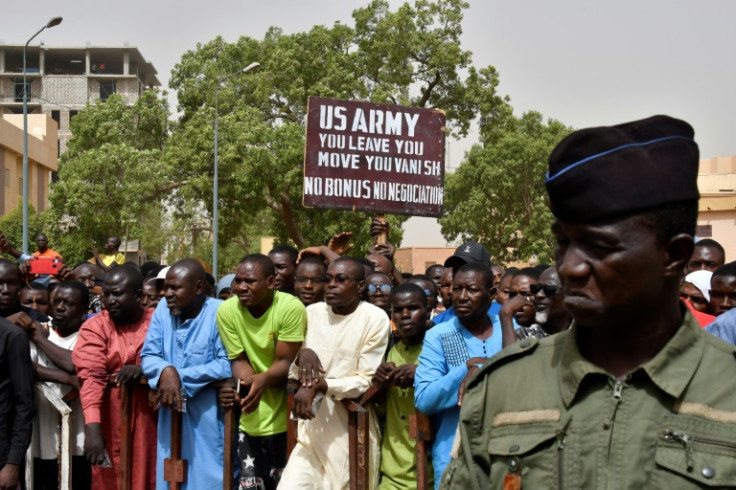
After what is deemed as highly-intense negotiations, the U.S. military will be withdrawing all American assets from Niger in mid-September, the Pentagon revealed on Sunday.
Talks between the U.S. government and the West African country's ruling military junta, which has geopolitically aligned itself with Russia, resulted into an agreement after discussions about the U.S. leaving the country lasted for weeks. Thereafter, the timeline was finally set after four days of negotiations between the parties.
The decision of Niger to send U.S. troops packing will create a huge dent on the latter's military operations in Sahel. The Hill reported that about 1,000 U.S. troops were stationed in the said country for counter-terrorism operations, in areas where groups linked to the Islamic State and Al Qaeda reportedly operate.
As part of the withdrawal plan, most of the equipment will be airlifted before September, and by mid-month, everything is expected to be cleared. However, some items that are too large, as well as other infrastructures that could not be transported, will remain in Nigerien soil.
Nigerien Prime Minister Ali Mahaman Lamine Zeine has told Washington Post last week that Americans were staying on their soil, and alleged that while doing so were doing nothing while terrorists were burning towns and killing people. He also said that such does not denote friendship.
"It is not a sign of friendship to come on our soil but let the terrorists attack us," Zeine claimed.
In addition, he took offense at what he described as U.S. officials demanding that the West African country will not partner with countries like Russia and Iran, both deemed as adversaries of Washington.
The strained military cooperation started when the democratically elected government headed by Mohamed Bazoum, was forcefully replaced by soldiers last July, and the takeover was later designated by the U.S. as a "coup." The move then established Zeine as the new head of state and from then on, hostility towards Western forces and allies was allegedly observed.
The first casualty months after the takeover was the French forces, which the Nigerien government asked to leave, to the extent of seeking security assistance from Wagner, a Russian mercenary group. More recently, Russian military trainers were welcomed into the country, and a state visit by the Iranian president was made.
Zeine told The Post that after the withdrawal of the French troops from Niger, he was welcoming the idea of keeping American troops in the country. However, Zeine claimed that there was a failure to reach an agreement about providing more military resources.







